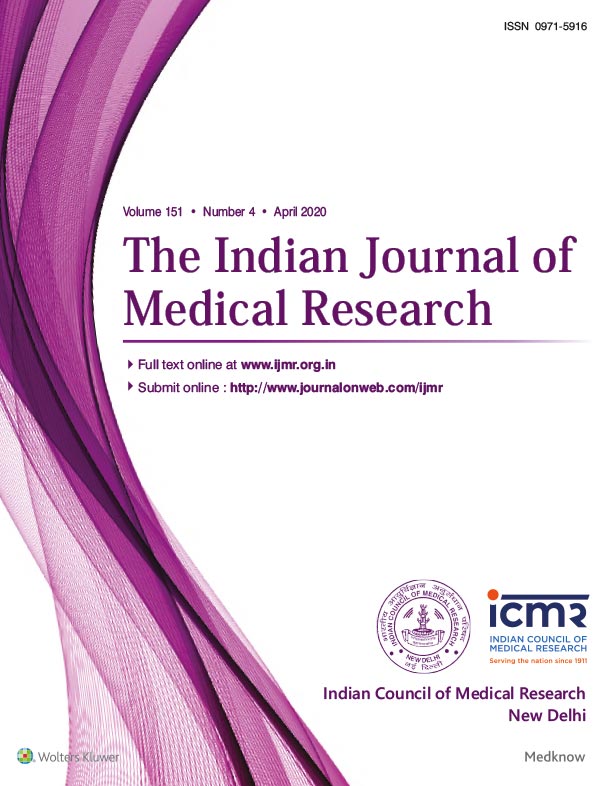Dr. Roop Gurshani explains the relevance of the position paper by the BioEthics Unit of the Indian Council of Medical Research (ICMR) on Do Not Attempt Resuscitation (DNAR) orders and Cardiopulmonary Resuscitation (CPR), published in the current issue of the Indian Journal of Medical Research
The ICMR has confirmed that CPR is not a default option. Instead it is a medical procedure and in certain circumstances it cannot and should not be done. The final decision about whether to perform it or to allow a natural death is the clinician’s responsibility.
There seems to be finally an end to the dilemma amongst Indian medical practitioners about Do Not Attempt Resuscitation (DNAR) orders. The current issue of the Indian Journal of Medical Research carries a position paper by the BioEthics unit of the Indian Council of Medical Research on DNAR orders and Cardiopulmonary Resuscitation (CPR). Read together with the Supreme Court’s judgment of 9 March 2018 (Common Cause vs Union of India), it begins the process of reforming the medicolegal basis of End of Life Care in India.
For the past 5 decades, Indian doctors have been conditioned to believe that CPR must always be done when the heart and breathing stop. The unstated assumption has been that if CPR is not done, even in a dying patient, this is potentially liable for legal action. This is contrary to current practice in most of the world. Today’s publication clears up this ambiguity. It says that if it is likely that somebody may require CPR, it is good medical practice to inform the patient (if possible) and/or the family/surrogates about this possibility and its likely outcome.
CPR is a medical procedure performed to restart the heart and breathing when these stop suddenly. When performed in time on a relatively healthy patient, it can be life saving. But this means that if it is performed on somebody who is already seriously ill, or if the procedure begins late for any reason, then it may not succeed. In fact it can lead to a terrible situation, the heart restarts but the brain is badly damaged by loss of blood circulation for a crucial period of time. In frail, ill and elderly patients it can be both a traumatic and futile exercise, leaving behind broken ribs and unnecessarily prolonging death.
According to the ICMR Consensus Guidelines on ‘Do Not Attempt Resuscitation’, the decision of DNAR should be taken by the treating physician who is well versed with the patient’s medical condition, with information to the patient or her/his surrogate. While ordering DNAR on the patient’s medical case record, every effort should be made to treat the underlying disease and continue optimal medical care with compassion. This policy document describes the principles for DNAR, offers an algorithm and format for its implementation, and guidance on frequently asked questions.
Read or download ICMR Consensus Guidelines on ‘Do Not Attempt Resuscitation’ below.
 Loading…
Loading…

